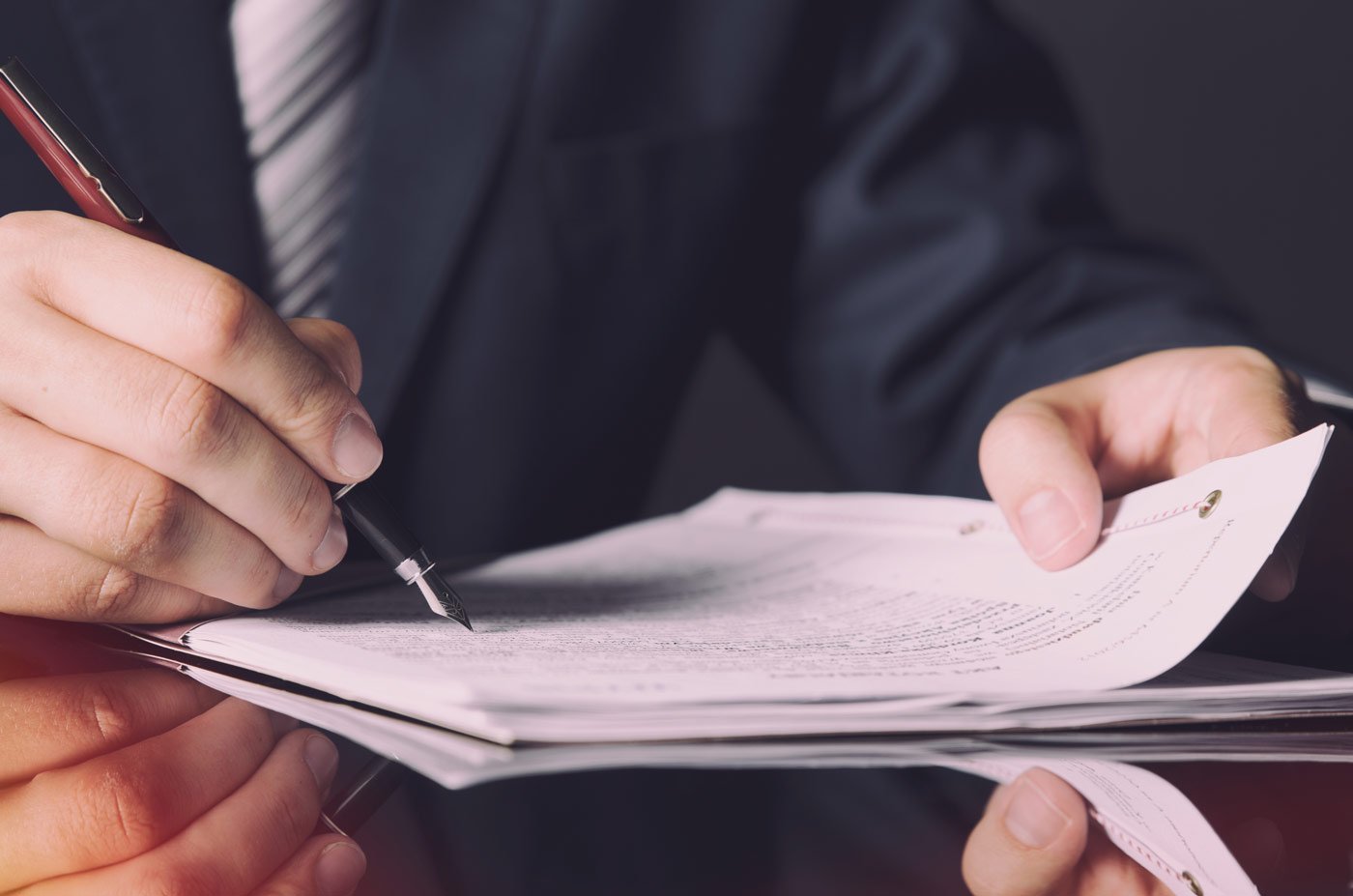Power of Attorney
Notarise and Apostille Your Power of Attorney Document
Welcome to Wharf Notaries, your trusted partner in notarial services in the UK. Our team of experienced notaries is dedicated to assisting you with the notarisation, apostilling, and legalisation of Power of Attorney documents. Below, you’ll find essential information about Power of Attorney and our streamlined process for ensuring its authenticity and compliance.
What Is a Power of Attorney?
A power of attorney is a legal document that authorises someone to act on your behalf.
Also referred to as a letter of authorisation, this common document is created by the “donor” or “grantor,” detailing the powers granted to the appointed “attorney.” It specifies the duration of these powers as well.
Different countries have their own formats and wording for powers of attorney. Some may require the document to be bilingual or in the local language. While the formatting may vary, the general structure remains consistent.
Each country also has specific execution requirements for a power of attorney. For instance, some may require a passport-sized photograph or a copy of your passport, while others may insist on at least two witnesses.
We highly recommend consulting with lawyers in the country where the document will be used to draft the power of attorney to ensure compliance with local laws. They can also provide you with necessary instructions for signing the document.


What Information Is Required for an Apostille Certificate on a Power of Attorney?
When applying for an apostille certificate on a power of attorney document, you will need:
- A power of attorney that has been notarised by a UK notary public.
Why You Might Need to Notarise and Apostille a Power of Attorney Document
If you plan to use a power of attorney in another country, notarisation is essential. Depending on the destination, you may also require an apostille and, in some cases, further legalisation through the embassy.
Notarisation and apostille serve to verify the document’s validity and correct execution.
During notarisation, the notary witnesses the signature of the person granting the power and confirms their capacity to do so.
If you are signing on behalf of a company, the notary will also validate the company’s existence and your authority to represent it.
You may need notarisation and an apostille for various reasons, including:
- Purchasing or selling property or a vehicle overseas
- Managing property
- Acting on behalf of a company internationally
This list is not exhaustive, as there are many other circumstances where a power of attorney may be needed.
A power of attorney can be general or specific. A general power grants broad authority to the attorney, covering various actions, while a specific or limited power allows the attorney to perform a particular act, ceasing once that act is completed.
To obtain an apostille, your power of attorney must first be notarised by a notary public before submission to the Foreign, Commonwealth & Development Office (FCDO) in the UK.
The Hague Convention of 1961 established apostille stamps as a means of legalisation for various documents, including powers of attorney, and is recognised by over 120 member countries.
Process to Notarise and Apostille a Power of Attorney
To obtain an apostille, you must submit your notarised power of attorney to the FCDO’s Legalisation Office.
There are two Legalisation Office locations: one in London (Premium Service) and one in Milton Keynes (Standard Service). We offer a premium same-day apostille service for urgent requests and a standard service within 3-5 working days for less pressing needs.
Wharf Notaries can provide fast, cost-effective assistance and guide you through every step of the process:
- Email Submission: Send a draft of your power of attorney to info@wharfnotaries.co.uk for review. We will inform you if additional information is needed.
- Notary Appointment: Sign the document in the presence of one of our notaries. You will need to complete our Client Registration Form and provide one form of photo ID and proof of address to verify your identity. If signing on behalf of a company, further documentation may be required.
- Apostille Submission: After notarisation, we will submit your document to the FCDO for an apostille using either our Premium or Standard Service. If embassy legalisation is necessary, we can manage this for you as well.
- Document Retrieval: Upon completion, we will send you a PDF scan of the document. You can collect it from our office, have it mailed back to you, or forwarded to a third party.
If your power of attorney is intended for a country outside the Hague Convention, you may need embassy legalisation. Check our Country Requirements List for more details.
If you need your power of attorney document notarised, apostilled, or consular legalised, we will handle every aspect for you.
Notarising and Apostille of a Spanish Power of Attorney
For a Spanish power of attorney, it should be drafted by your lawyer in Spain, in a bilingual English and Spanish format, and in a public form.
Once drafted, email it to us for review. Our notary will add their details, and any necessary amendments will be communicated to you or your lawyer.
Typically, Spanish power of attorney documents also require a copy of the photographic page of your passport. If you are applying for an NIE number in Spain, a complete copy of your passport will be needed.
Frequently Asked Questions (FAQs) About Power of Attorney
What is a Power of Attorney?
A Power of Attorney is a legal document that grants someone the authority to act on your behalf in legal or financial matters. It specifies the powers the appointed individual (the attorney) has and the duration of those powers.
Why do I need to notarise a Power of Attorney?
Notarisation provides legal verification that the Power of Attorney document is genuine and executed correctly. This is crucial for ensuring its acceptance in foreign jurisdictions.
What is an apostille, and why is it necessary?
An apostille is a certificate that authenticates the origin of a public document, such as a Power of Attorney. It is required for documents being used in countries that are part of the Hague Convention.
How do I obtain an apostille for my Power of Attorney?
To obtain an apostille, your Power of Attorney must first be notarised by a UK notary public. Then, it can be submitted to the Foreign, Commonwealth & Development Office (FCDO) for the apostille certification.
What documents do I need to provide for notarisation?
You will need to provide a completed draft of the Power of Attorney, a form of photographic ID, and proof of address. If signing on behalf of a company, further evidence of the company’s existence and your authority may also be required.
How long does the notarisation and apostille process take?
The notarisation process can typically be completed in one appointment, while the apostille can take 3-5 working days for standard service or be expedited to same-day service for urgent matters.
Can I use my Power of Attorney document in a country not part of the Hague Convention?
Yes, but you may need additional legalisation through the relevant embassy. We can assist with this process to ensure your document meets the necessary requirements.
What if I need to make changes to my Power of Attorney after notarisation?
If changes are required after notarisation, a new document must be drafted, and the new Power of Attorney will need to go through the notarisation and apostille process again.
